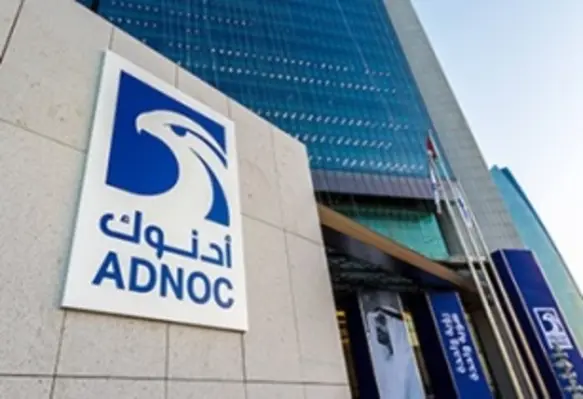The Abu Dhabi National Oil Company (ADNOC) has awarded the UK-based Bechtel and the UAE’s TechnipFMC two front end engineering design (FEED) contracts for offshore ultra-sour gas mega project in Hail, Ghasha and Dalma fields
Bechtel was awarded Hail and Ghasha FEED contract and TechnipFMC (UAE) was awarded Dalma FEED contract.
In man-hours, the two FEED contracts, collectively, are the largest awarded by an oil and gas company, underpinning the criticality of a detailed FEED phase to optimise project cost and schedule. The project, in the northwest offshore area of the Emirate of Abu Dhabi, aims to meet 20 per cent of the UAE’s gas demand by the second half of the next decade.
Dr Sultan Ahmed Al Jaber, minister of state in the UAE and CEO of ADNOC Group, said, “The growth in energy demand in Abu Dhabi, and the wider UAE, has prompted ADNOC to further harness its gas resources, as part of its 2030 smart growth strategy. This FEED award provides ADNOC with the potential to unlock additional undeveloped sour gas reserves and will allow us to deliver against our strategic objective to ensure a sustainable and economic supply of gas.”
In addition to awarding the FEED contracts, ADNOC also plans to award five technology licensor contracts, covering a gas treatment licensor, a sulphur recovery unit (SRU) licensor, a natural gas liquids (NGL) licensor, a condensates recovery (hydro treaters) licensor and a hydrogen generation licensor. These technologies are important for the successful execution of the FEED phase.
Abdulmunim Saif Al Kindy, director of ADNOC’s upstream business, said that in progressing with these projects, the company aims to create the potential to capitalise success and experience in ultra-sour gas production, gained from the development of the Shah field.
From the start of the FEED phase, ADNOC is expected to implement an integrated project delivery (IPD) approach, aiming to reduce the project’s development schedule and cost by integrating and involving all relevant stakeholders. Relevant stakeholders are potential EPC bidders, major manufacturers and governmental bodies who are critical to improve design quality, identify uncertainties and enhance the precision of required engineering jobs.







